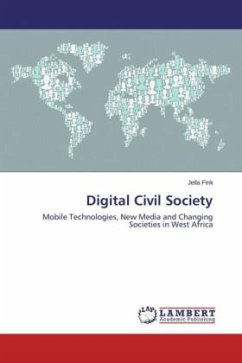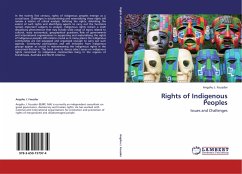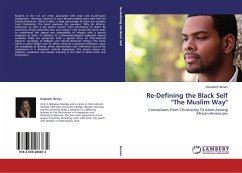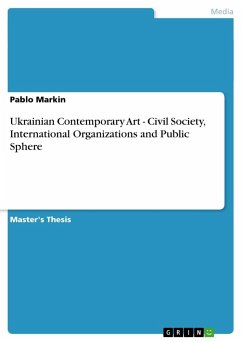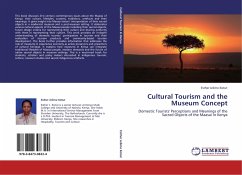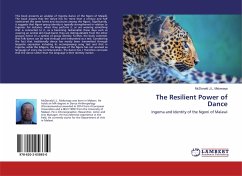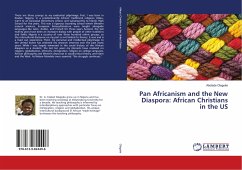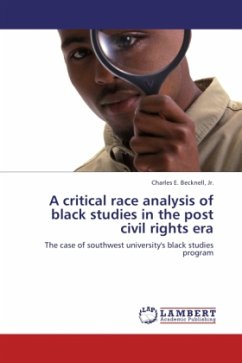
A critical race analysis of black studies in the post civil rights era
The case of southwest university's black studies program
Versandkostenfrei!
Versandfertig in 6-10 Tagen
52,99 €
inkl. MwSt.

PAYBACK Punkte
26 °P sammeln!
A substantial body of research exists on the origin and pedagogy of Black Studies. However, there is a dearth of empirical research that investigates how racial identity politics profile Black Studies leadership and Black Studies programs at principally white universities in the Post civil Rights Era. This qualitative piece utilizes a case study with Critical Race Theory (CRT) methodology to explore the role that white supremacy, internalized racism, hegemony and color-blind racism play in people s acuity. Twenty participants were interviewed consisting of community stakeholders and Black Stud...
A substantial body of research exists on the origin and pedagogy of Black Studies. However, there is a dearth of empirical research that investigates how racial identity politics profile Black Studies leadership and Black Studies programs at principally white universities in the Post civil Rights Era. This qualitative piece utilizes a case study with Critical Race Theory (CRT) methodology to explore the role that white supremacy, internalized racism, hegemony and color-blind racism play in people s acuity. Twenty participants were interviewed consisting of community stakeholders and Black Studies directors, students, faculty, and staff. Direct observations, journal writing, the inspection of archival documents and the participation in legislative proceedings were methods that were also employed to collect, analyze and interpret the data.



